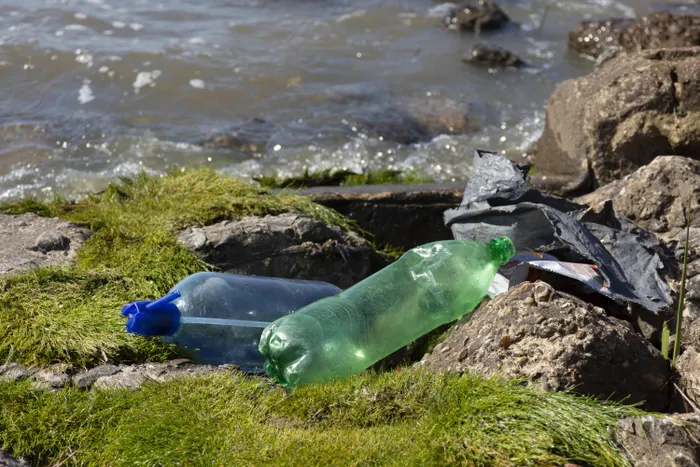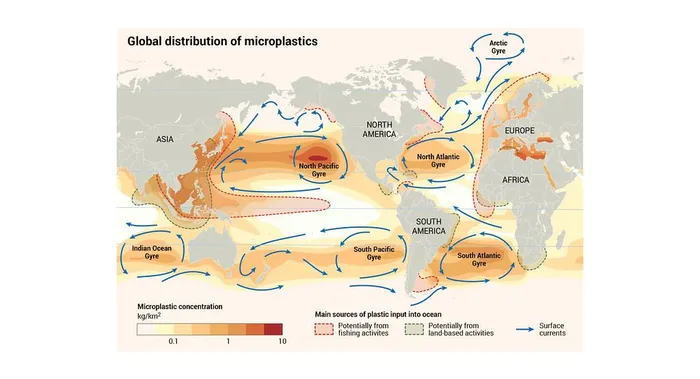South Africa undeterred as global plastic treaty talks break down

Plastics are the largest, most harmful and persistent fraction of marine litter, accounting for at least 85% of total marine waste.
Image: Freepik
The Intergovernmental Negotiating Committee (INC) session in Geneva, which aimed to deliver a binding global treaty on plastic pollution, ended without agreement.
Talks collapsed due to deep divisions between nations and the absence of a clear process to resolve deadlock. South Africa is disappointed by the outcome and concerned about the procedural failings that stalled progress.
However, the Department of Forestry, Fisheries and the Environment says it is undaunted and will continue to crack down on plastic pollution. "South Africa is disappointed by the outcome and concerned about the procedural failings that stalled progress," it said in a statement.
“While the lack of agreement is frustrating, South Africa will not waver in our fight to end plastic pollution and create a fair, practical regulatory environment," said the Minister of Forestry, Fisheries and the Environment, Dr Dion George.
George said the department will “keep driving action at home and pressing for solutions abroad”.
According to SpringerOpen, although there is little data, inappropriate disposal of waste is a major cause of soil contamination, which is a serious concern.
It found, however, that particles of microplastics in drinking water samples and freshwater were “in line with figures around the globe”.
Globally, according to Geneva Environment Network, plastics are the largest, most harmful and persistent fraction of marine litter, accounting for at least 85% of total marine waste.
“An estimated 14 million metric tons of plastic enters the ocean annually, with estimates of over 170 trillion plastic particles afloat in the world’s oceans, wreaking havoc on livelihoods and ecosystems, and this number is expected to triple in the next twenty years,” it said.

Globally, plastics are the largest, most harmful and persistent fraction of marine litter, accounting for at least 85% of total marine waste.
Image: Geneva Environment Network
At home, South Africa is already moving to ban microbeads and phase out single use plastic, the department said.
It noted that these steps reflect a proactive strategy to reduce environmental and health risks. During the INC, George met with South African industry, business, and civil society to strengthen partnerships for a circular economy.
"Collaboration with all stakeholders is vital. We must build a system where sustainable practices are the norm, not the exception," the minister said.
South Africa opposed rigid caps on plastic production, calling instead for market driven solutions backed by incentives to push business toward sustainability.
The country is also acting to close gaps in controls on imported plastics, ensuring they meet strict health and environmental standards.
George warned about toxic chemicals in plastics and the spread of microplastics into food systems and human bodies.
“It is unacceptable that microplastics are found everywhere, including in our own bodies. We will act decisively to protect public health,” he said.
South Africa’s Extended Producer Responsibility (EPR) regulations and the polluter pays principle are already holding producers to account for the full life cycle of their products.
“Our EPR framework is a cornerstone of our strategy, and we will keep strengthening it,” the minister said. The fight against plastic pollution continues.
In October 2025, South Africa will host the G20 Environment and Climate Sustainability Ministerial in Cape Town, where plastics, waste, and chemicals will remain high on the agenda.
South Africa will keep working at home and with global partners to secure a meaningful, inclusive plastics treaty that protects our planet and future generations, the department said.
IOL